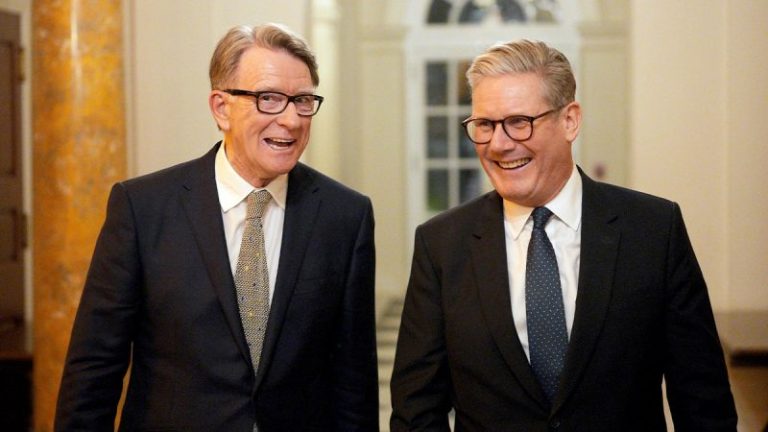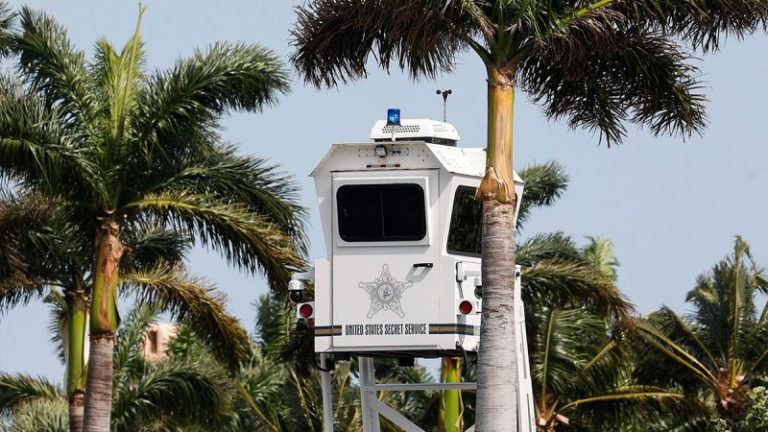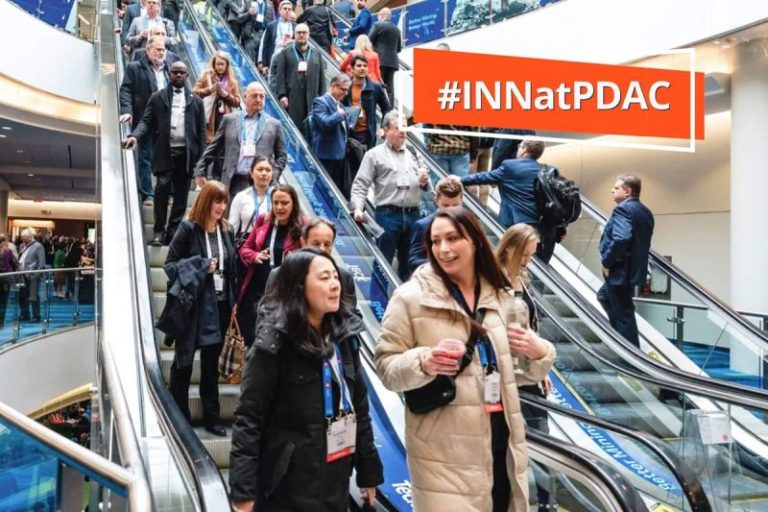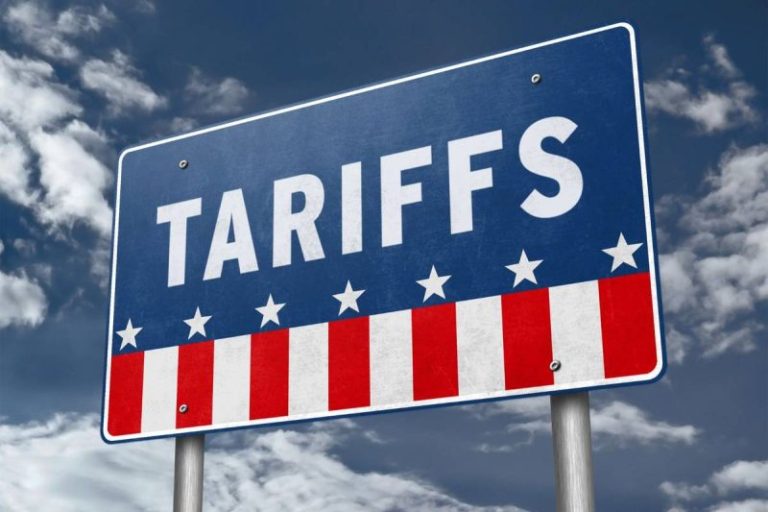NorthStar Gaming Holdings Inc. (TSXV: BET,OTC:NSBBF) (OTCQB: NSBBF) (‘NorthStar’ or the ‘Company’) today provided an update on its strategic priorities for 2026, focused on disciplined execution, effective capital allocation, and improving the Company’s profitability profile. All dollar figures are quoted in Canadian dollars.
The Company’s core strategy remains focused on growing and enhancing the NorthStar Bets online betting platform, which is known for its user-friendly interface, strong customer service, ongoing product innovation, and Canadian roots. Further enhancements to the core player experience and product functionality to drive retention and engagement will support the Company’s approach going forward.
In 2026, the Company is executing a disciplined operating plan to progress towards profitability through advertising efficiency, operating leverage, and cost management. These initiatives are intended to preserve cash resources, improve near-term returns on invested capital, and continue to enhance the quality and functionality of the Company’s product offerings.
As part of this plan, the Company has taken targeted actions to streamline general and administrative expenses. These actions are expected to result in approximately $3 million in annualized G&A cost savings, with the full financial impact expected to phase in over the course of 2026. In parallel, management continues to evaluate and implement additional operating and marketing efficiencies through oversight of discretionary advertising spend decisions and ongoing optimization of vendor and services contracts.
‘We are focused on taking deliberate, measured steps to position the Company for profitability,’ said Corey Goodman, Interim Chief Executive Officer of NorthStar. ‘The expected annualized G&A savings reflect measures that have largely been implemented. Building on these reductions, management is actively deploying additional efficiency and operating leverage initiatives across services, marketing spend, and cost of goods sold that are expected to materially enhance the Company’s EBITDA profile. In parallel, targeted investments in the product experience are being made to improve retention and increase the stability and predictability of revenue over time.’
Key initiatives supporting these objectives include:
- improving advertising productivity through more targeted and return-driven media deployment;
- reducing reliance on external advertising agencies, further rationalizing agency fees, and renegotiating key vendor and services contracts as advertising spend levels are recalibrated;
- continuing to prioritize customer retention through enhancements to the player experience, customer outreach, and internal processes;
- selectively reducing salaried personnel and contracted services where efficiencies can be achieved and service levels can be maintained; and
- refocusing the Company’s content strategy by reducing costs associated with the production of Sports Insights content and The Boost.
Taken together, these initiatives are expected to have a meaningful impact on the Company’s EBITDA profile as cost efficiencies and operating leverage are realized over the course of 2026.
The Company expects to continue to incur a declining portion of cash expenditures associated with resources being phased out of the business during a transition period through 2026, with the revised expense run rate expected to be fully reflected beginning in 2027. The Company expects to record certain restructuring-related costs in connection with these initiatives, which would be recognized in accordance with applicable international financial reporting standards. Management continues to actively monitor liquidity and capital requirements as these initiatives are implemented. The Company’s capital structure and lender relationships remain an important part of its broader operating and capital planning process. The cost reduction initiatives are expected to strengthen the Company’s covenant position in 2026, and constructive discussions with its senior lender are ongoing.
Additional details regarding the Company’s financial outlook, liquidity and associated risks were described in its management’s discussion & analysis dated November 26, 2025, available on SEDAR+ at www.sedarplus.ca and on the Company’s website at www.northstargaming.ca.
About NorthStar
NorthStar proudly owns and operates NorthStar Bets, a Canadian-born casino and sportsbook platform that delivers a premium, distinctly local gaming experience. Designed with high-stakes players in mind, NorthStar Bets Casino offers a curated selection of the most popular games, ensuring an elevated user experience. Our sportsbook stands out with its exclusive Sports Insights feature, seamlessly integrating betting guidance, stats, and scores, all tailored to meet the expectations of a premium audience.
As a Canadian company, NorthStar is uniquely positioned to cater to customers who seek a high-quality product and an exceptional level of personalized service, setting a new standard in the industry. NorthStar is committed to operating at the highest level of responsible gaming standards.
NorthStar is listed in Canada on the TSX Venture Exchange (‘TSXV’) under the symbol ‘BET’ and in the United States on the OTCQB under the symbol ‘NSBBF’. For more information on the Company, please visit: www.northstargaming.ca.
No stock exchange, securities commission or other regulatory authority has approved or disapproved the information contained herein. Neither the TSXV nor its Regulation Services Provider (as that term is defined in the policies of the TSXV) accepts responsibility for the adequacy or accuracy of this press release.
Cautionary Note Regarding Forward-Looking Information and Statements
This press release contains ‘forward-looking information’ within the meaning of applicable securities laws in Canada (‘forward-looking statements’), including without limitation, statements with respect to the following: expected performance of the Company’s business, including, but not limited to, anticipated expense run rates, cash-expenditures and restructuring-related costs, and the amount, nature timing of cost savings, return on investment and other benefits resulting from cost reduction and operating initiatives, expansion into new markets and future growth opportunities, and expected benefits of transactions. The foregoing are provided for the purpose of presenting information about management’s current expectations and plans relating to the future and allowing investors and others to get a better understanding of the Company’s anticipated financial position, results of operations, and operating environment. Often, but not always, forward- looking statements can be identified by the use of words such as ‘plans’, ‘expects’, ‘is expected’, ‘budget’, ‘scheduled’, ‘estimates’, ‘continues’, ‘forecasts’, ‘projects’, ‘predicts’, ‘intends’, ‘anticipates’ or ‘believes’, or variations of, or the negatives of, such words and phrases, or state that certain actions, events or results ‘may’, ‘could’, ‘would’, ‘should’, ‘might’ or ‘will’ be taken, occur or be achieved. This information involves known and unknown risks, uncertainties and other factors that may cause actual results or events to differ materially from those anticipated in such forward-looking statements. This forward-looking information is based on management’s opinions, estimates and assumptions, including, but not limited to, operating assumptions with respect to the timing of and benefits resulting from cost reduction and operating initiatives, that, while considered by NorthStar to be appropriate and reasonable as of the date of this press release, are subject to known and unknown risks, uncertainties, assumptions and other factors that may cause the actual results, levels of activity, performance, or achievements to be materially different from those expressed or implied by such forward- looking information. Such factors include, among others, the following: the Company’s ability to operate as a going concern, risks related to the Company’s business and financial position, including, but not limited to, compliance with debt-related covenants; risks associated with general economic conditions; the effect of capital market conditions and other factors on capital availability, adverse industry risks; future legislative and regulatory developments; the ability of the Company to implement its business strategies, including, but not limited to, its cost reduction and operating initiatives; and those factors discussed in greater detail under the ‘Risk Factors’ section of the Company’s most recent annual information form, which is available under NorthStar’s profile on SEDAR+ at www.sedarplus.ca. Many of these risks are beyond the Company’s control.
If any of these risks or uncertainties materialize, or if the opinions, estimates or assumptions underlying the forward-looking information prove incorrect, actual results or future events might vary materially from those anticipated in the forward-looking statements. Although the Company has attempted to identify important risk factors that could cause actual results to differ materially from those contained in the forward-looking statements, there may be other risk factors not presently known to the Company or that the Company presently believes are not material that could also cause actual results or future events to differ materially from those expressed in such forward-looking statements. There can be no assurance that such information will prove to be accurate, as actual results and future events could differ materially from those anticipated in such information. No forward-looking statement is a guarantee of future results. Accordingly, you should not place undue reliance on forward-looking information, which speaks only as of the date made. The forward-looking information contained in this press release represents NorthStar’s expectations as of the date specified herein, and are subject to change after such date. However, the Company disclaims any intention or obligation or undertaking to update or revise any forward-looking information whether as a result of new information, future events or otherwise, except as required under applicable securities laws.
All of the forward-looking information contained in this press release is expressly qualified by the foregoing cautionary statements.
For further information: Company Contact:
Corey Goodman
Interim Chief Executive Officer 647-530-2387
investorrelations@northstargaming.ca
To view the source version of this press release, please visit https://www.newsfilecorp.com/release/284980









